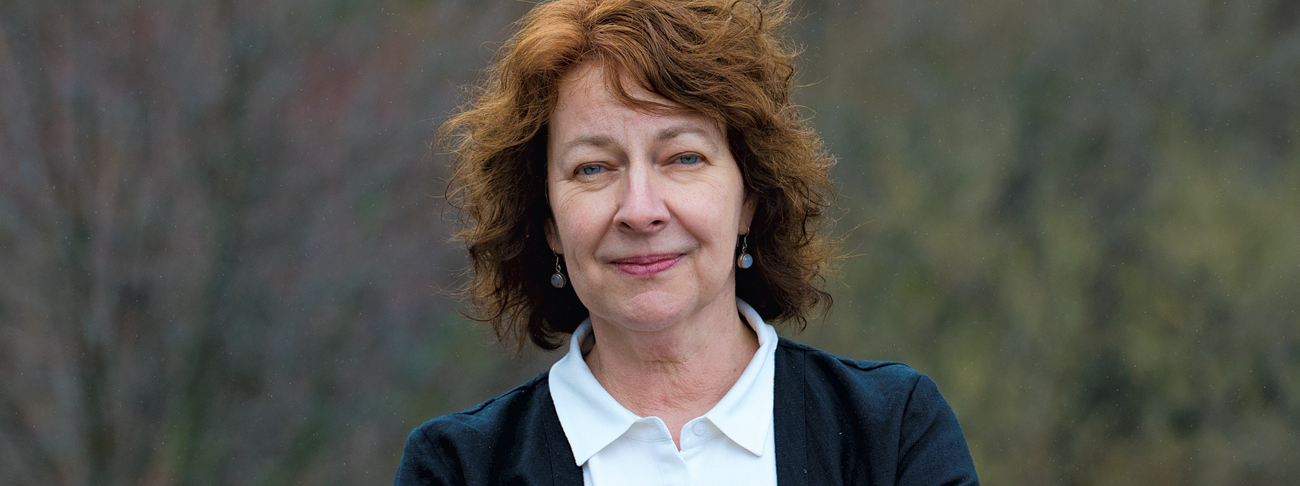
By Brenda Austin-Smith
It’s been only a few weeks since the Global Climate Strike of September 27, and since protestors with Extinction Rebellion Canada, demanding a reduction in global carbon emissions, blocked traffic in cities like Toronto and Halifax. The sense of a growing climate emergency has gripped more of us than ever before, becoming a central issue in the recent federal election. Critically, each one of these high-profile public actions was collective, bringing people together in public spaces to voice their fears for the planet, and their hopes for change. And it is the necessity for collective action, rather than just individual shifts in behaviour, that is key to addressing the climate crisis.
This last observation is worth emphasizing, as efforts to curb the effects of rising emissions often target us as singular rather than collective actors in a degrading landscape. Reducing workplace consumption and taking personal steps towards sustainability are worthwhile goals, but suggesting that recycling in the common room, turning off lights in the library, lowering the heat in our classrooms, or teaching online more often will make a significant difference, misses the global point. For one thing, the carbon footprint of internet data centres may soon exceed that of the entire aviation industry. But much more urgently, what we need is coherent, comprehensible public policy that honestly confronts the changing circumstances of our work and life, and that does so on a scale far larger than that of the individual.
As illustration, I turn to a recent article in The Guardian from early October. The story discusses a study from the Climate Accountability Institute showing that of the twenty companies responsible for generating more than one-third of greenhouse gases in the modern era, twelve are state-owned. Ninety percent of the emissions associated with the business of these companies came from their use of coal, natural gas, and jet fuel. In the face of this massive corporate damage at the national and international level, exhortations that academic staff retreat from face-to-face contact with students, refrain from meeting colleagues at conferences, and reduce their public presence generally, come across as both disingenuous and cynically neoliberal. We are not the problem.
CAUT’s 2017 brochure Confronting Climate Change on Campus describes the central role the post-secondary sector plays on both sides of climate change. On the one hand, our institutions are significant consumers of energy and producers of emissions. But on the other, colleges and universities are places where solutions to the devastation of climate change are the focus of research, teaching, and service by CAUT members. Academics research technological, political, and above all, cultural answers to our crisis. We develop, analyze, and teach policies connected to climate sustainability. Some of us are also engaged in transforming the governance structures, curricula, and outreach activities of our departments and faculties, something that goes far beyond the necessary — but insufficient — retro-fitting of campus infrastructure. As the 2017 CAUT Bulletin article, The Politics of Climate Change, sets out, our sector is uniquely placed to tackle this challenge because of our expertise across a range of disciplinary areas, and our commitment to public service. We will be most effective in this work when we engage publicly as activists, taking up shared spaces together in the name of sustainability.
The risk of an uncritical retreat into our offices or homes to save energy at all costs is to cede democratic spaces to others. After all, monarchs and authoritarians are much more energy efficient than parliaments and democracies. In order to unleash the good energy of our sector in tackling the emergency we face collectively, we need to act collectively. Turning to voluntarism as the first and best way to respond to this crisis downloads climate repair onto individuals, rather than making government and industry take responsibility. More than ever, academic staff need to claim the public sphere, not be guilted into withdrawing from it. Meeting with our students, engaging with our communities, deepening our activism both within and outside of our academic staff associations, Senates, and other collegial bodies, is the way to go.